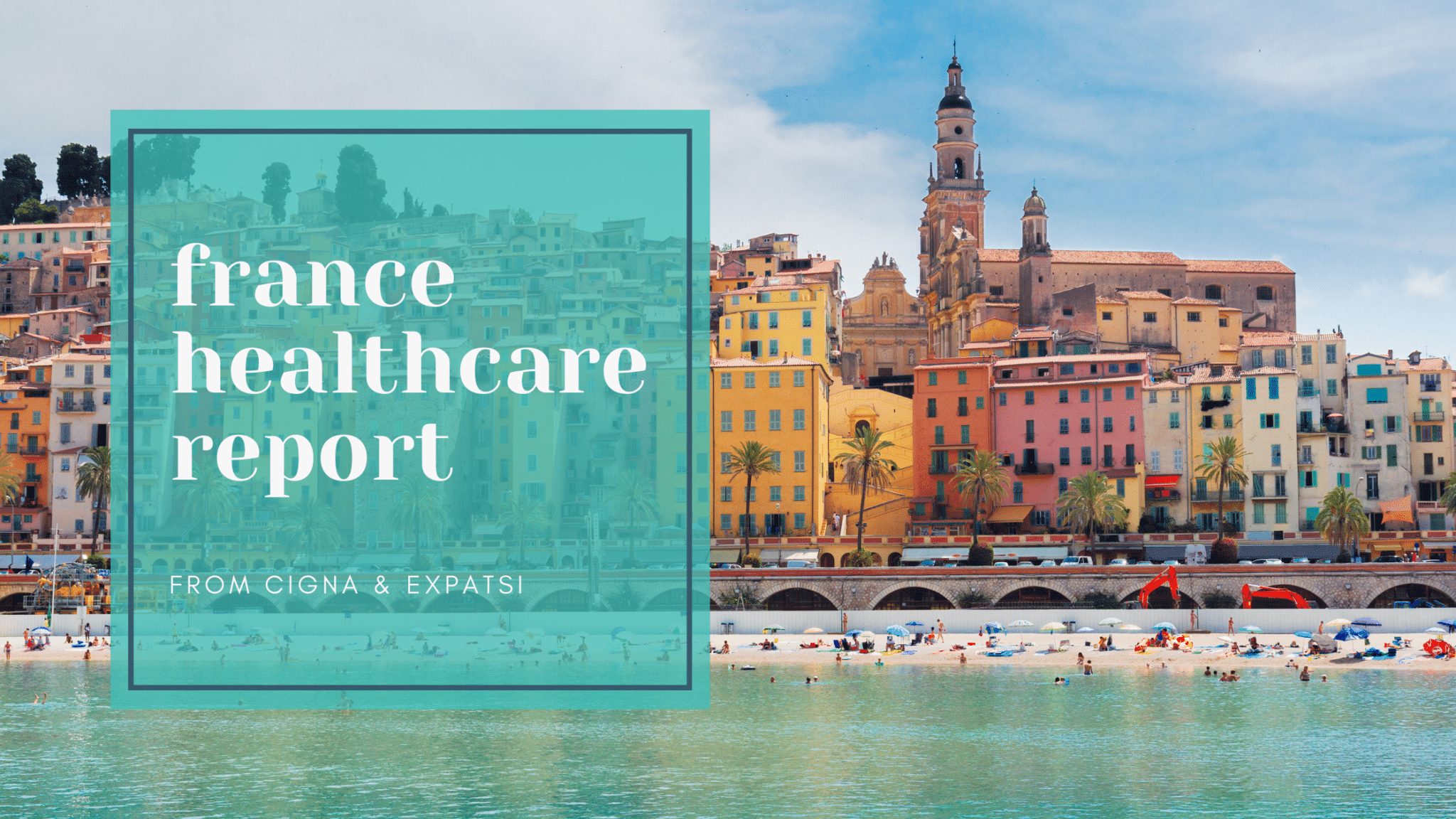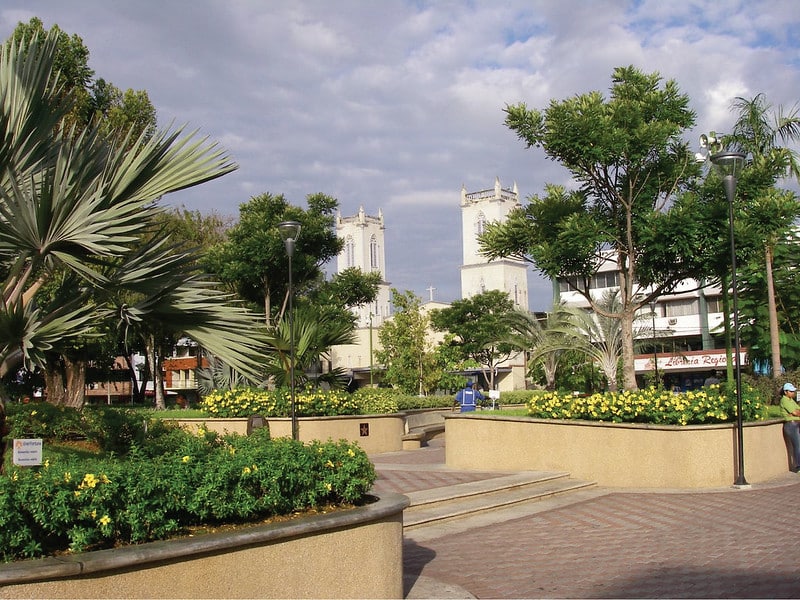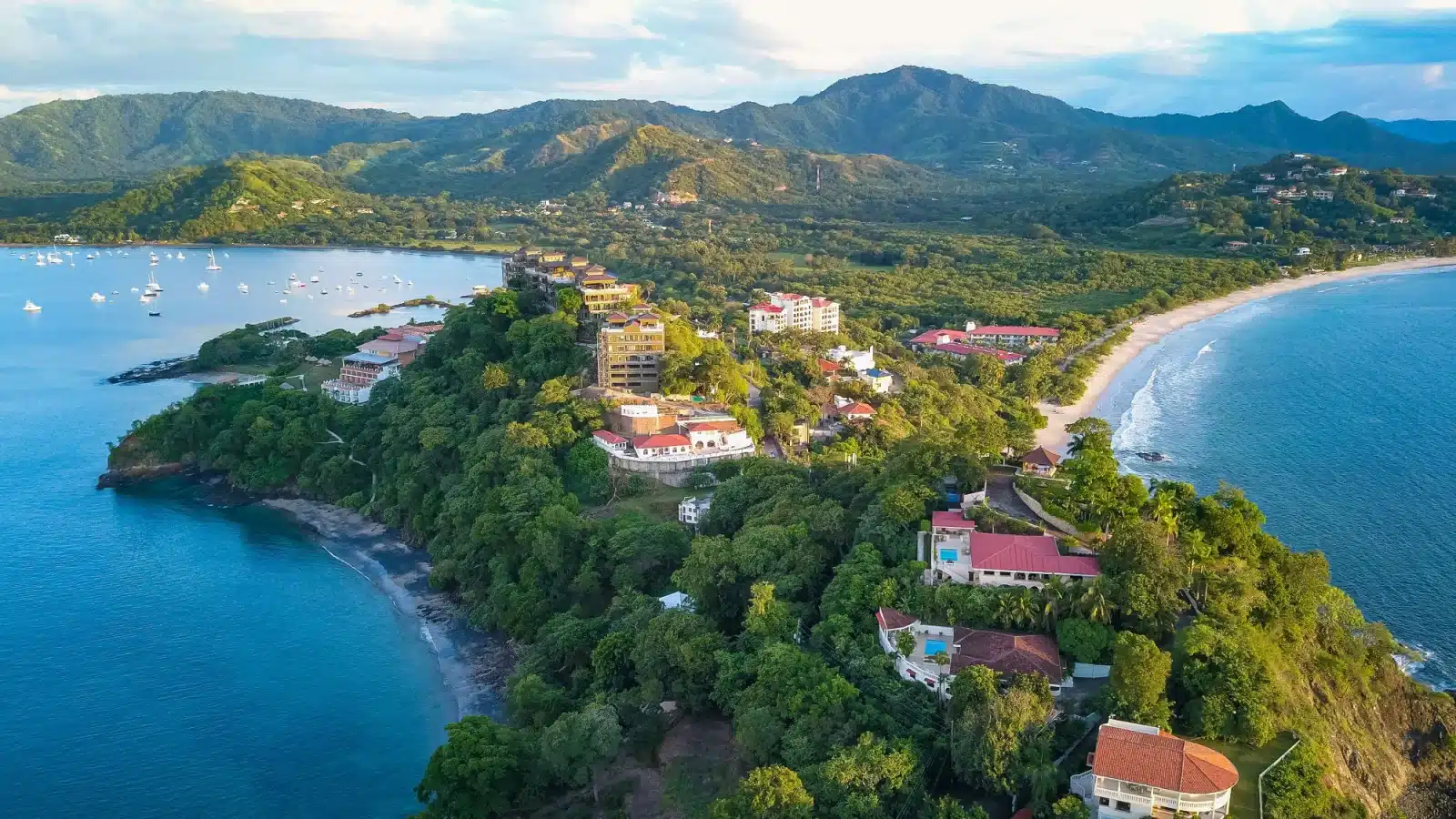Overall, France’s population enjoys good quality healthcare, with public health initiatives providing an extra layer of security to those who need it the most. Expats living here can apply to the public option after being in France for three consecutive months on a long-stay visa, making private insurance a major draw for new residents for initial and supplemental coverage. France must be your primary residence for six months a year in order to maintain public coverage.
You can apply for a carte vitale, France’s national insurance card, after your first three months here. You can also get a temporary insurance card called attestation de couverture sociale while you wait for the national card to arrive. Be sure to bring these cards with you when visiting the hospital, pharmacy, or your general practioner. Reimbursement usually gets sent to you within 5-10 business days of service.
The French public healthcare system gets its funding from taxes and government subsidies. It operates on a copayment system for the public option; it covers up to 70% of your medical costs. Most people purchase protection mutuelle, or supplemental insurance, to cover the additional medical costs. Once you’re in the system and want to travel Europe, register for the French version of the European Health Insurance Card (EHIC); it’s called the carte européenne d’assurance maladie (Ceam) and will help cover international medical care abroad.
Pharmacies also follow the 70% copayment system within the public option. One major difference, though: there’s no cost for generic prescriptions. They’re covered under the third party payment principle.
Below are some estimates for typical medical costs for public care. Recommended rates are set by the state, but some providers may charge more. Private care (non-conventionné) can cost much more. In any case, charges should be visibly posted where you can see them before you receive services. Note: preexisting conditions aren’t covered for expats.
| Doctor visits | Costs before reimbursement | Costs after reimbursement |
| General physician (routine visit) | €25 | €7.50 |
| Specialist visit | €50 | €15-€25 |
| Ophthalmologist | Varies | 30% of total |
| Gynecologist | €65 | €19.50 |
| Daily hospital care | €100/day | €20/day for the first month, €0/day after |
| Long-term care | Varies | €0 |
| Surgery | Varies | €0 |
For more information on finding a physician, enrolling in the public option and more, click the Get Started button to download our free report on French healthcare.







